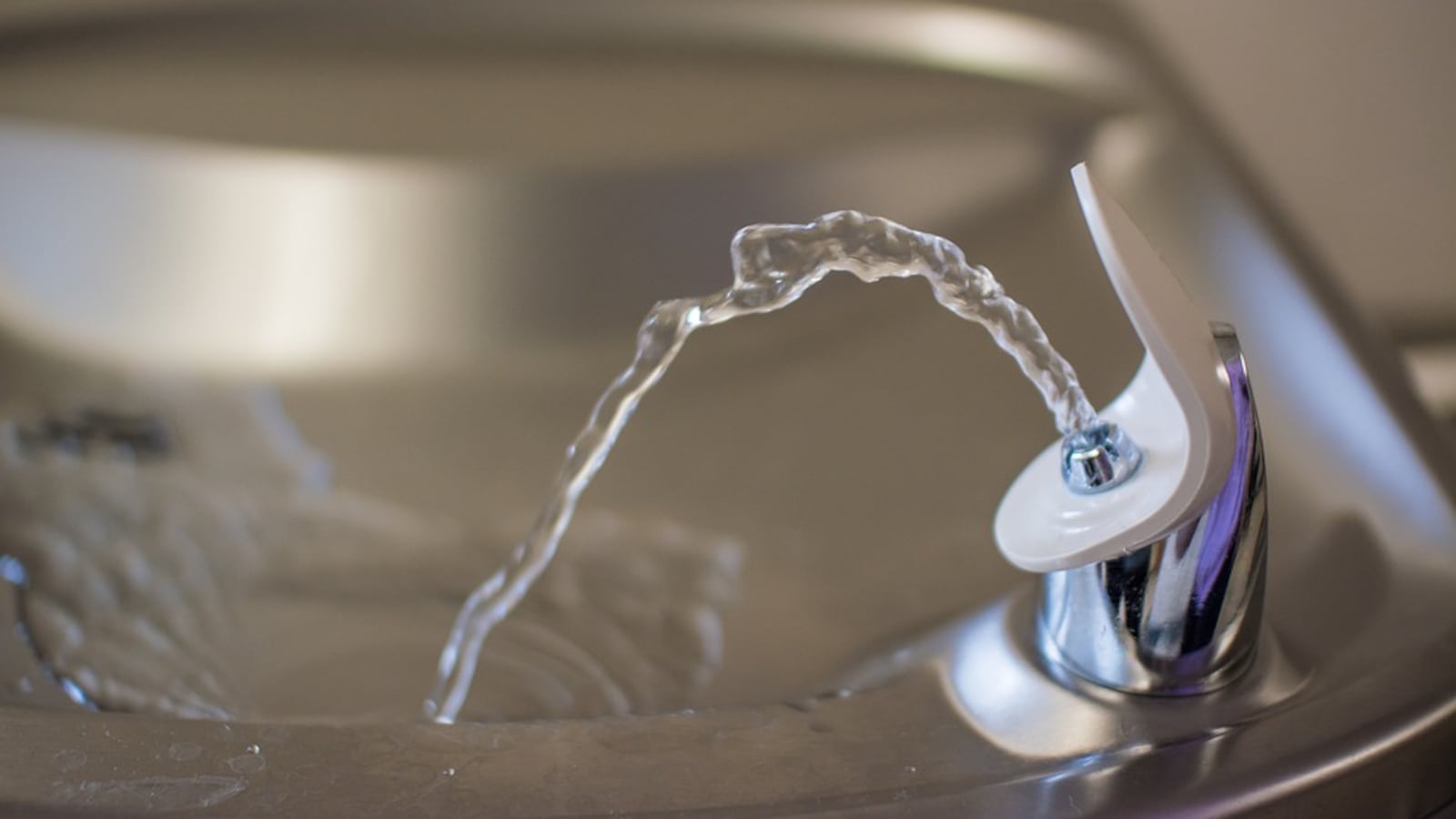Denver Public Schools has begun testing the drinking water in all of its buildings for lead.
The state’s largest school district is telling families the testing is proactive given that high lead levels have been found in school water elsewhere, including neighboring Jefferson County.
“While we do not have evidence at this time that our schools have elevated levels of lead in their water supply, the safety of our students and staff is our top priority,” Trena Deane, the district’s executive director of facility management, wrote this week in a letter to families.
The testing began Tuesday, according to Deane’s letter, and will include gathering water samples from drinking fountains, kitchen food prep sinks, lounge sinks and other fixtures.
Deane said 25 schools have been tested so far.
DPS is aiming to test all elementary schools by the end of October and all remaining schools by the end of December, the letter says. Denver Water, which provides the district’s water, will conduct the analysis. The results won’t be available for “some weeks after that,” the letter says.
If a water source is found to contain high lead levels, Deane said the district will shut off that source and either install water filters or replace the fixture causing the problem. Alternate water sources may also be provided, she said.
Deane noted that while lead isn’t present in the water that DPS receives, the water can become contaminated as it moves through plumbing and fixtures that contain lead. As such, the district will also test the pipes in buildings built before 1955 to determine if they contain lead.
New pipes are less likely to contain lead due to changes in federal law.
If any DPS pipes are found to contain lead, the district plans to prioritize them for replacement using funding from the proposed $572 million bond issue voters will be asked to approve in November — or, if the bond doesn’t pass, funding from a future bond, DPS officials said.
While the federal Environmental Protection Agency recommends schools take action if lead levels are over 20 parts per billion, DPS will act if levels hit 15 parts per billion, Deane wrote.
“We do have a number of older schools and this makes it more likely we will have lead levels close to or above EPA recommendations,” Deane wrote in the letter. “If so, we will inform our families and staff and move quickly to remediate the issue.”
She said the district plans to post all test results on its website.
Jeffco Public Schools began testing drinking water in schools this past summer. As of Aug. 12, the district had received results on 2,936 water samples, according to its website. The majority of those samples registered lead levels at 15 parts per billion or below. But 233 samples had levels above that, with 11 samples exceeding 200 parts per billion.
Jeffco has shut off those water sources, posted warning signs and begun the process of replacing the problem fixtures and pipes, according to news reports.

